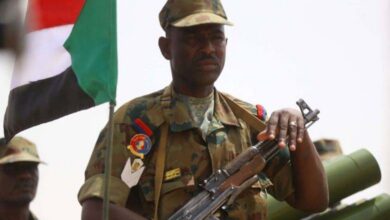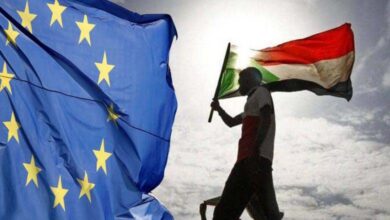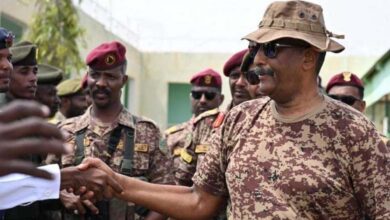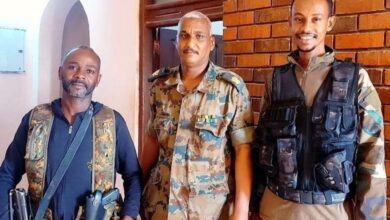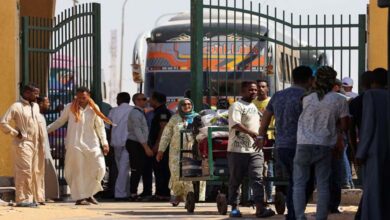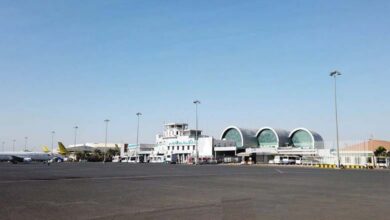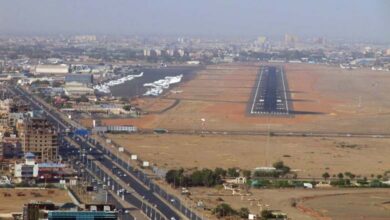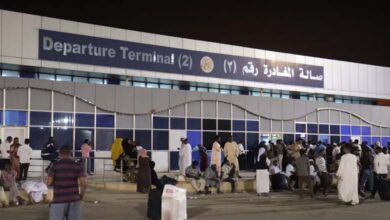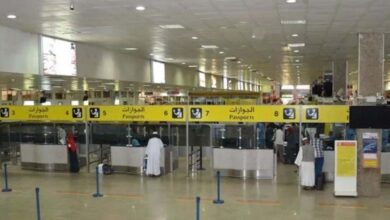The Attorney General is required to conduct an investigation into the possession of evidence, a palace, and a Turkish passport
In Sudan, transparency is lacking in state institutions due to the absence of genuine democracy that monitors and holds everyone accountable
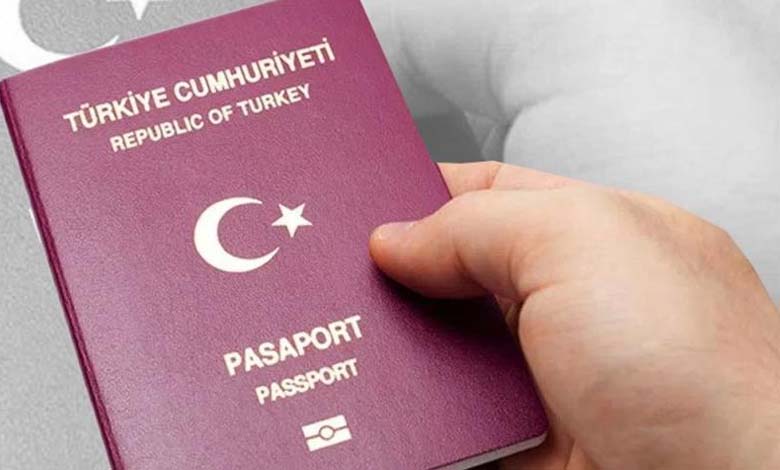
Sudanese people have enjoyed integrity in recent years, refraining from misusing public funds. Many Sudanese presidents, whether civilian or military, were known for their cleanliness and lack of abuse of power. For example, the late General Ibrahim Abboud (1958-1964) was known for not tampering with public funds. The same was repeated with another president, the late Mohamed Gaafar Nimeiry (1969-1985), who distributed many residential plots and remained unable to find a residence for himself until he met his end with clean hands, avoiding harm to public funds.
At the end of 2019, a Sudanese court sentenced the ousted President Omar Hassan Ahmad al-Bashir to prison after being overthrown in a popular revolution. Huge amounts of foreign currency were found inside his residence, a crime that exposes the perpetrator to condemnation according to Sudanese law.
Unfortunately, with the Islamists coming to power in 1989 through a military coup and the absence of democracy and public freedoms under the rule of the one-party system, all top administrative positions in the country were held by Islamists who were not accountable. Even local legislative councils and the general parliament (National Council) were overwhelmingly dominated by supporters of the previous regime.
After thirty years, the al-Bashir government found itself out of the political scene through the December revolution, sparked by protests against the corruption and tyranny in the country. The transitional government’s two-year period became a model for exercising freedom of expression, with the Empowerment Removal Committee being a responsible sword against embezzlers of public funds. Consequently, there was fierce resistance against it, leading General al-Burhan to overthrow the people’s will on October 25, 2021.
We do not wish to delve into the details of the ongoing war in our country, known to all, which has devastated everything. The Sudanese people have been socially and economically affected, living in fear, anxiety, and tension amidst a severe shortage of food and medicine, and the suffering of women, children, and the elderly in war-affected areas.
However, our focus will be on the news of General Abdul Fattah al-Burhan owning a palace in the İncek region of Turkey, and more dangerously, acquiring Turkish citizenship. If the army leader holds dual citizenship, making him ineligible for sensitive positions like army leadership, he must either disclose the facts or step down from power. Additionally, he must answer how he obtained the financial resources to purchase a palace in Turkey exceeding a million dollars amid a brutal war that has left Sudanese living in fear and anxiety, facing shortages of food and medicine, and the suffering of women, children, and the elderly in war-torn areas.
Facing the issue of owning a palace and a Turkish passport, and since there is no one above the law, the Attorney General must form an independent committee to investigate this sensitive matter.


